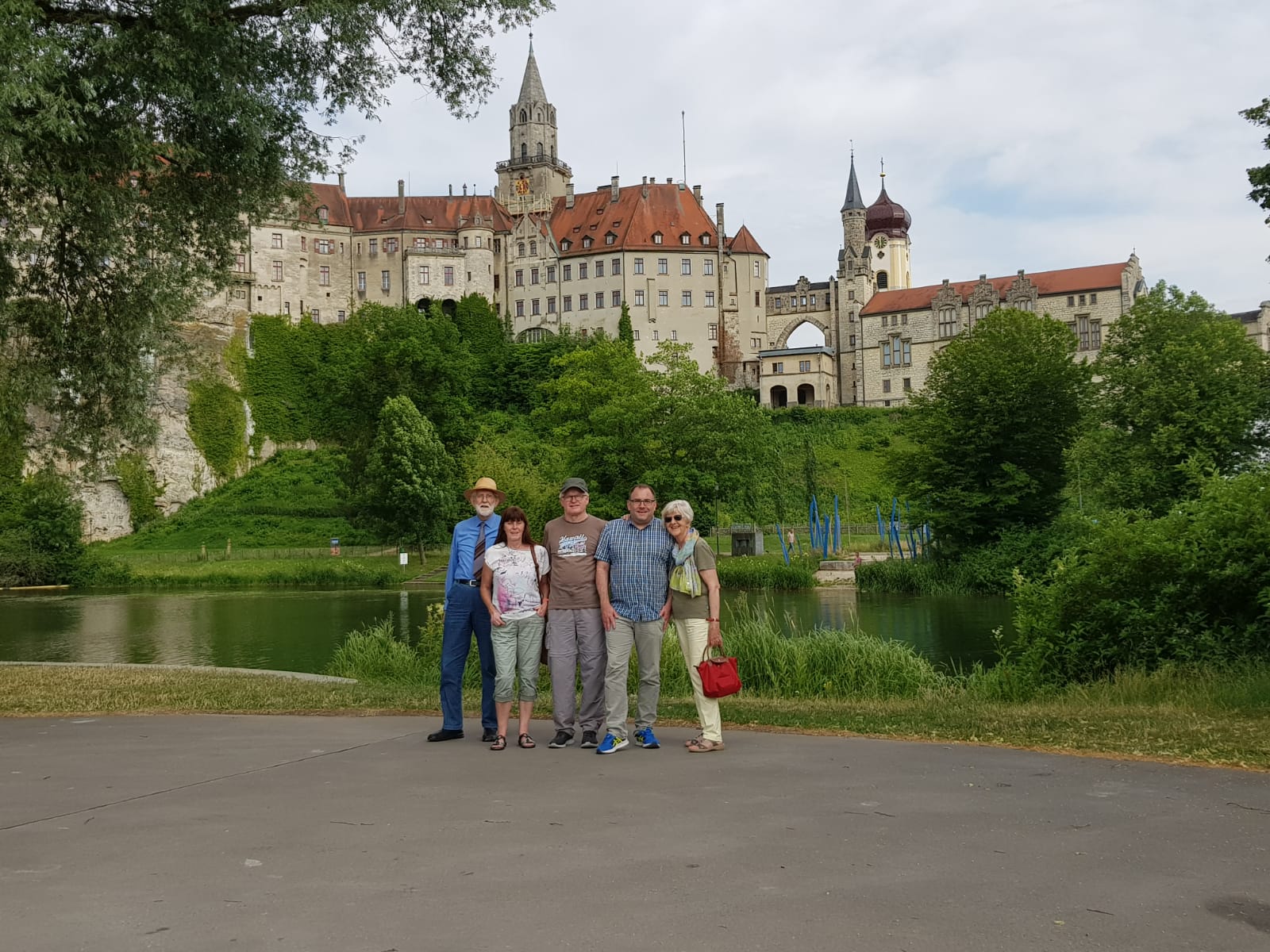
Fredrik Solvang's Heartbreaking Reunion With His Biological Family: Unveiling the Tangled Web of Adoption and Identity
Fredrik Solvang's recent reunion with his biological family has reignited discussions about the complexities and challenges surrounding adoption and identity. The highly publicized event has captivated audiences, sparking a profound examination of the emotional, legal, and societal implications of separating children from their birth parents.
The Foundling's Search for Roots
Solvang, a successful Norwegian television host, embarked on a decades-long quest to find his biological parents. Adopted as an infant, he had always felt a void and an unquenchable curiosity about his origins. Through extensive research and DNA testing, he finally located his mother and siblings in 2022.
Solvang's reunion was met with overwhelming joy and tears. However, it also exposed the raw emotional wounds that adoption can inflict. His mother expressed regret about giving him up, while his siblings grappled with feelings of resentment and jealousy.
Adoption: A Legal and Emotional Labyrinth
Adoption is a complex legal process that involves the termination of parental rights and the establishment of new ones. It is designed to provide children with a stable and loving home, but it also raises fundamental questions about identity and belonging.
In Solvang's case, the adoption process was finalized when he was a baby. This meant that he had no legal connection to his biological parents and no access to their medical or family history.
Perspectives on Adoption and Identity
Different perspectives exist on the impact of adoption on identity. Some argue that adoptees should have the right to know their biological parents and to have access to their medical and genetic information. Others believe that adoption creates a new family and that the biological connection should not override the emotional ties formed through adoption.
Solvang's experience highlights the tension between these opposing views. While he expressed gratitude for the love and support he received from his adoptive family, he also felt an intense desire to know his biological roots.
Ethical Considerations and Societal Implications
The case of Fredrik Solvang raises important ethical considerations about the rights of adoptees and the responsibilities of adoptive parents. Should adoptees have an automatic right to know their biological parents? What are the potential consequences of reopening adoptions?
Furthermore, the complexities of adoption have broader societal implications. They touch upon issues of race, class, and social stigma. Adoption can be a way to break cycles of poverty and neglect, but it can also reinforce societal hierarchies.
Conclusion
Fredrik Solvang's poignant reunion with his biological family serves as a stark reminder of the profound impact of adoption. The case underscores the emotional, legal, and societal complexities that surround this practice. As we grapple with the ethical dilemmas and the search for identity, it is imperative to approach adoption with compassion, understanding, and a deep appreciation for the diverse experiences of those involved.
By critically examining different perspectives, engaging with research, and reflecting on the broader implications, we can strive to create a society that supports both adoptees and adoptive parents in navigating these complex waters.

Comments
Post a Comment